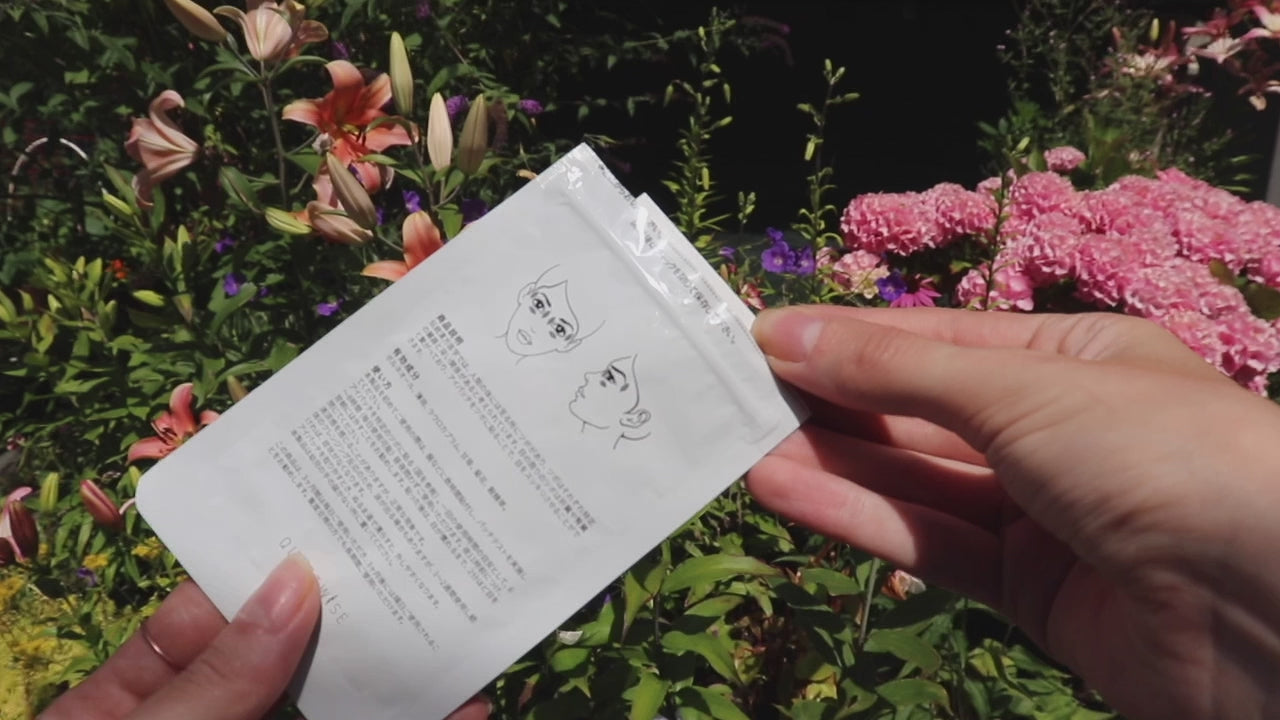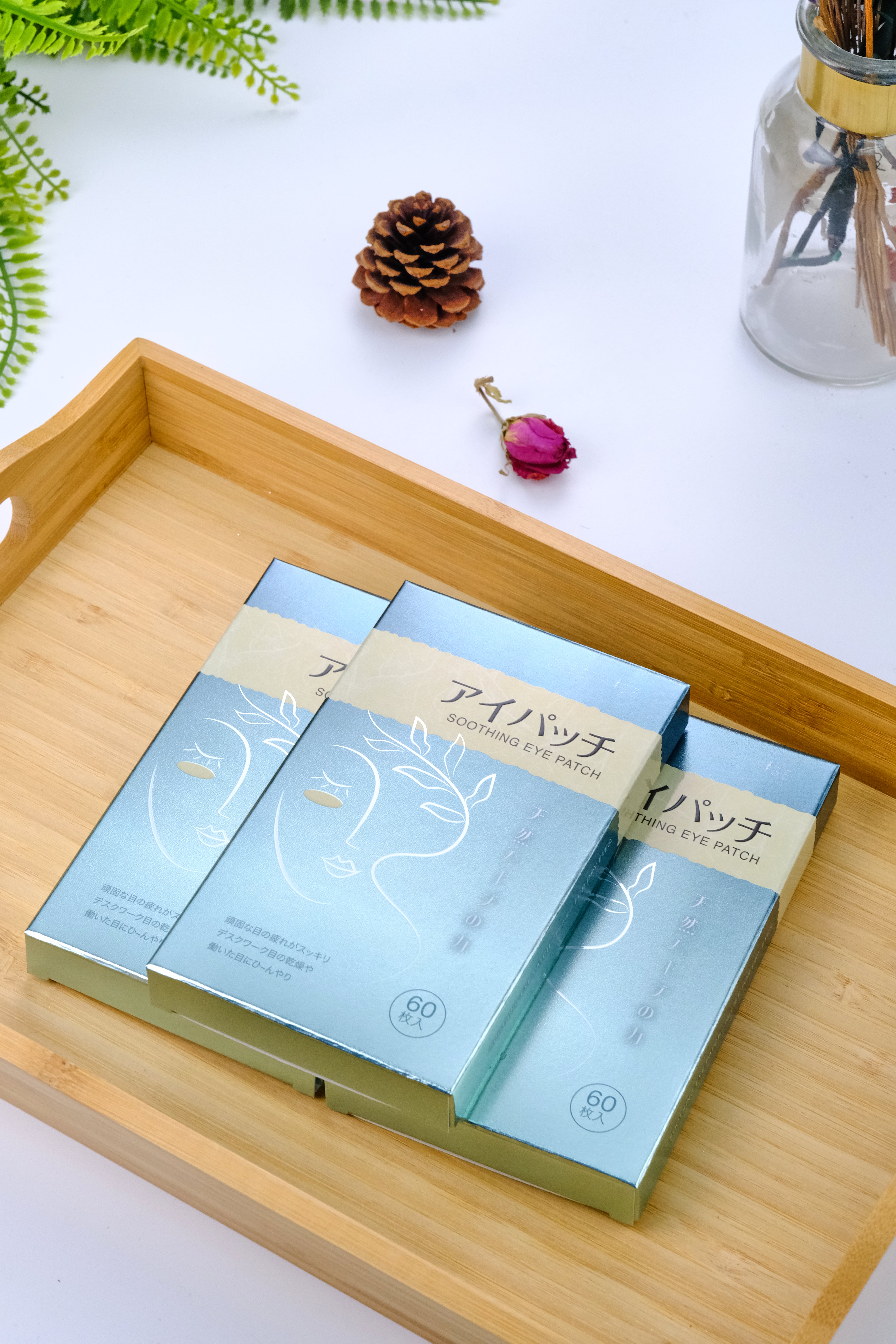Tired Eyes? Here’s Why and What to Do About It
In today's fast-paced digital world, the pervasive experience of tired eyes has become almost ubiquitous. Whether you're a student burning the midnight oil, a professional glued to a computer screen, or a social media enthusiast endlessly scrolling, eye strain and fatigue are incredibly common complaints. But understanding the root causes of this pervasive issue and learning how to effectively address them can significantly improve not only your eye health but also your overall well-being. This comprehensive guide will delve into the various factors that contribute to tired eyes and provide you with practical strategies, effective solutions, and a deeper understanding of this widespread issue for long-term relief.
Understanding the Multifaceted Causes of Tired Eyes
The onset of tired eyes is rarely attributable to a single factor. Instead, it’s often a complex interplay of various elements, each contributing to the overall discomfort and strain. Let's explore some of the key culprits in more detail:
- Digital Eye Strain: This is arguably the most significant contributor in modern society. Prolonged screen time, whether on computers, smartphones, or tablets, leads to a cascade of issues. The blue light emitted from these devices can disrupt natural sleep patterns, contributing to eye fatigue and potentially impacting your overall sleep quality. Furthermore, the close-up focus required for digital tasks intensely strains the eye muscles, leading to dryness, discomfort, burning sensations, headaches, and a general feeling of tiredness. The lack of blinking during concentrated screen time also exacerbates dryness and contributes to eye irritation.
- Lack of Sleep and Inadequate Rest: Sufficient sleep is paramount for the restoration and repair of various bodily systems, including the eyes. When deprived of adequate rest, your eyes don't have the opportunity to recover from the demands placed upon them throughout the day. This lack of restorative sleep manifests as puffiness, dark circles under the eyes, bloodshot appearance, and a persistent feeling of tiredness that can impact your vision and overall productivity.
- Dry Eyes: Insufficient tear production, often exacerbated by environmental factors like air conditioning or heating, or certain medications, is a common cause of discomfort and fatigue. Dry eyes can lead to a burning sensation, itching, gritty feeling, blurry vision, and even light sensitivity (photophobia), all of which contribute to a significant feeling of eye tiredness. This dryness can also make your eyes more susceptible to irritation and infection.
- Allergies and Environmental Irritants: Seasonal allergies or exposure to irritants like dust, smoke, pet dander, or pollen can trigger allergic reactions in the eyes, leading to intense itching, redness, watering, and a feeling of general discomfort. These reactions can significantly contribute to eye strain and fatigue, making it difficult to focus and impacting your overall visual clarity. Persistent rubbing of the eyes to relieve itching can further worsen the condition.
- Underlying Medical Conditions: In some cases, persistent tiredness in the eyes can be a symptom of an underlying medical condition, such as dry eye disease, blepharitis (inflammation of the eyelids), conjunctivitis (pinkeye), glaucoma, or even more serious conditions. If you experience persistent or severe symptoms, it’s essential to consult an ophthalmologist or optometrist for a proper diagnosis and treatment plan. Early detection of serious eye conditions is critical for preserving your vision.
- Poor Lighting and Working Conditions: Inadequate lighting, excessive glare from screens or overhead lights, or improper workstation ergonomics can contribute to eye strain and fatigue. Ensuring good lighting (natural light is ideal), reducing glare through the use of anti-glare screen protectors, and maintaining a proper posture while working with frequent breaks can significantly reduce eye strain and increase your comfort level throughout the day.
- Medications: Certain medications, as a side effect, can cause dry eyes and contribute to eye fatigue. If you suspect that your medications may be impacting your eye health, consult your doctor or pharmacist to discuss possible alternatives or management strategies.
Relieving Tired Eyes: A Holistic Approach
Addressing tired eyes requires a comprehensive, multi-pronged approach that combines lifestyle adjustments, practical strategies, and potentially, the use of targeted products for relief. Here are some key strategies for addressing tired eyes, from simple changes to more targeted interventions:
- The 20-20-20 Rule: This simple yet effective technique involves taking a 20-second break to focus on an object 20 feet away every 20 minutes of screen time. This allows your eyes to relax and refocus, reducing strain and preventing eye fatigue. Make this a consistent part of your work routine.
- Hydration: Maintaining adequate hydration is vital for overall health and eye health. Dehydration can worsen dry eye symptoms and contribute to eye fatigue. Drink plenty of water throughout the day to keep your body and eyes properly lubricated and functioning optimally.
- Healthy Diet: A balanced diet rich in antioxidants, vitamins (particularly Vitamin A and Vitamin C), and omega-3 fatty acids can support overall eye health and reduce oxidative stress, which can damage the eyes. Focus on eating leafy green vegetables, colorful fruits, and fatty fish for essential nutrients.
- Proper Lighting and Ergonomics: Optimize your workspace by ensuring adequate lighting (natural light is best), minimizing glare from screens, and maintaining proper posture with your monitor at eye level. Consider using an anti-glare screen protector to reduce strain.
- Regular Eye Breaks: Incorporate regular breaks throughout your workday to give your eyes a chance to rest and recover. Look away from screens, close your eyes gently for a few minutes, or perform gentle eye exercises like focusing on near and far objects.
- Warm Compresses: Applying warm compresses to your eyelids for 10-15 minutes can help relax the eye muscles and alleviate dryness, improving comfort and reducing inflammation. This is particularly helpful before bedtime.
- Eye Massage: Gently massaging your eyelids and the area around your eyes can improve circulation and reduce tension, promoting relaxation and relief from tiredness. Use gentle, circular motions.
-
Wise Quest Soothing Eye Patches: For targeted relief and deep relaxation, consider incorporating Wise Quest Soothing Eye Patches into your routine. These innovative patches harness the power of traditional Chinese herbal medicine to fundamentally relieve eye fatigue, eye dryness, eye astringency, eye redness, and swelling often caused by prolonged screen time. They promote healthy blood circulation, providing soothing relief and helping to alleviate most eye discomfort and disease. The patches are easy to use and can be incorporated into your daily self-care routine.

When Professional Help is Needed
While many cases of tired eyes can be effectively managed with lifestyle changes and home remedies, it’s crucial to seek professional help if your symptoms persist, worsen, or are accompanied by other concerning symptoms. Consult an ophthalmologist or optometrist if you experience:
- Persistent blurry vision that doesn't improve with rest
- Double vision or seeing halos around lights
- Severe eye pain or throbbing sensations
- Sudden changes in vision, such as loss of vision or blind spots
- Redness or swelling that doesn't improve after several days
- Excessive tearing or dryness that causes significant discomfort
- Frequent headaches accompanied by eye strain
These symptoms could indicate an underlying medical condition requiring urgent diagnosis and treatment. Early detection is vital for preventing serious complications.
Conclusion: Prioritize Your Eye Health for Long-Term Well-being
Tired eyes are a common problem in our technologically driven world, but it's an issue that can be addressed effectively through a combination of lifestyle modifications, proactive strategies, and when necessary, professional guidance. By understanding the various causes, implementing the practical strategies outlined above, and incorporating effective products like Wise Quest Soothing Eye Patches into your routine, you can significantly improve your eye health, comfort, and overall well-being. Remember that prioritizing your eye health is an investment in your long-term health and happiness. Don't let tired eyes diminish your quality of life—take proactive steps today to protect and preserve your precious vision.











